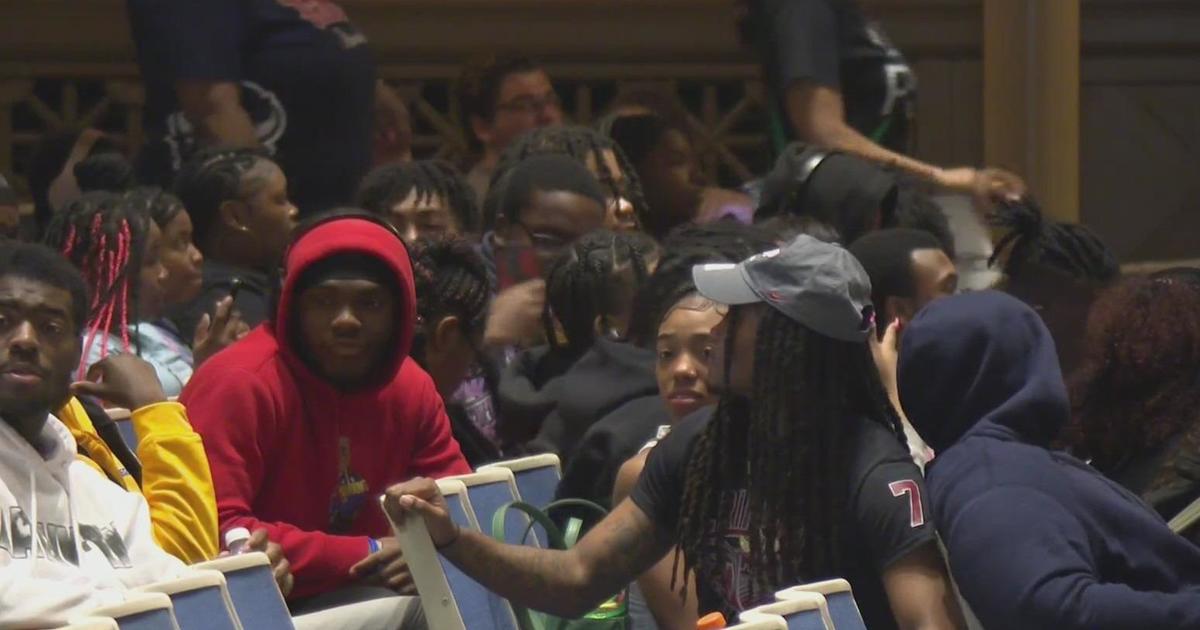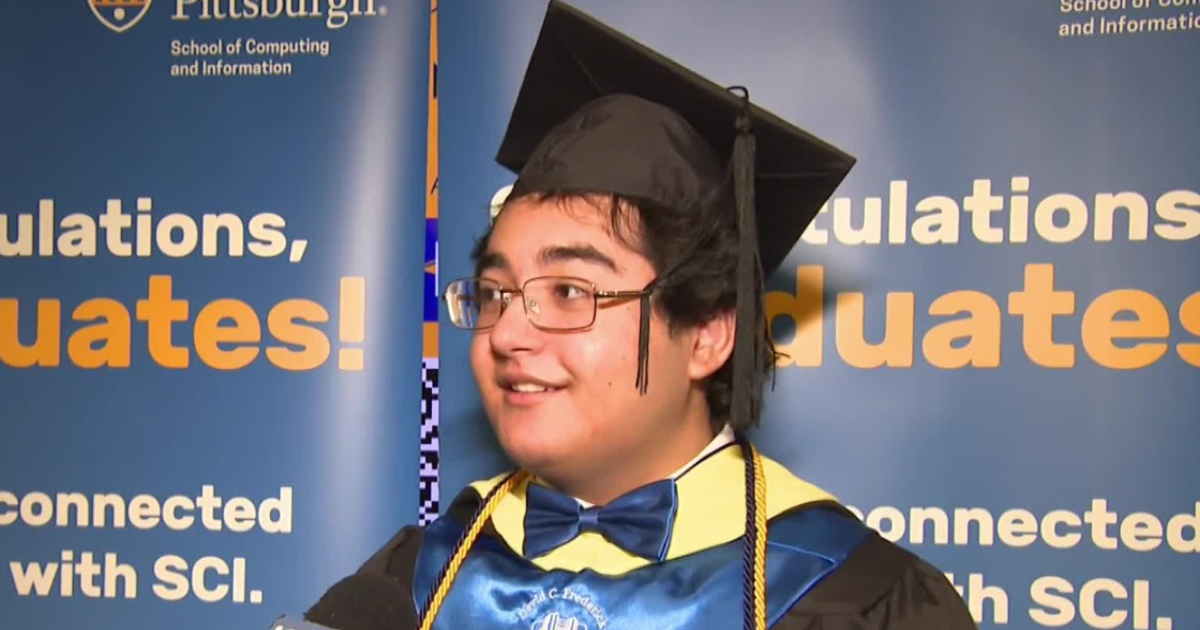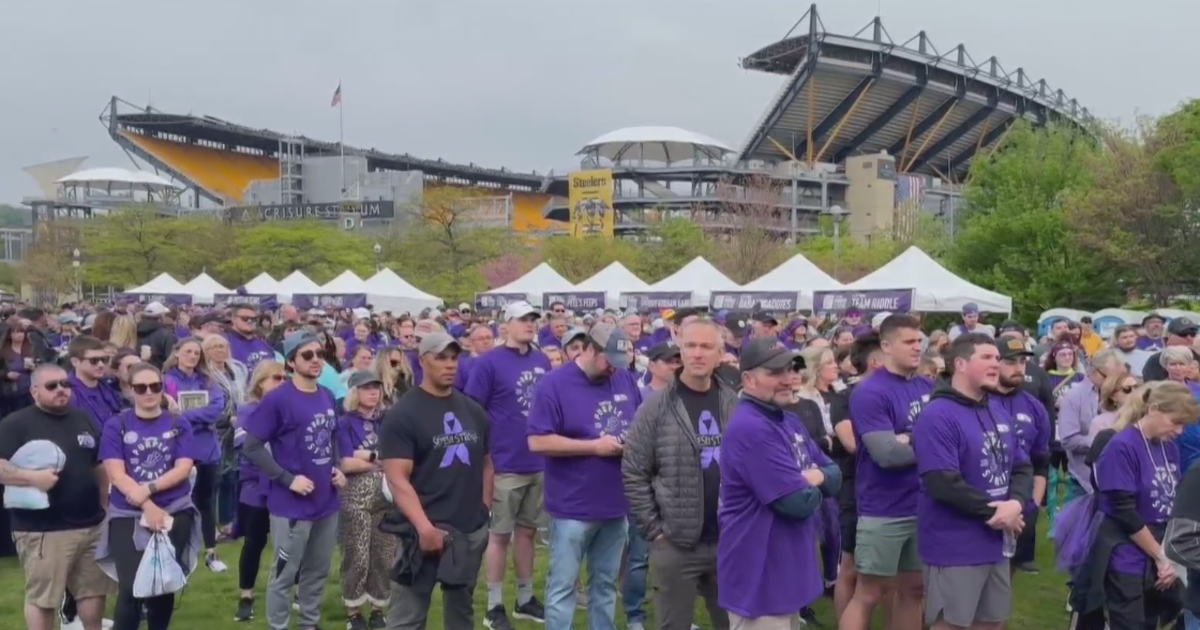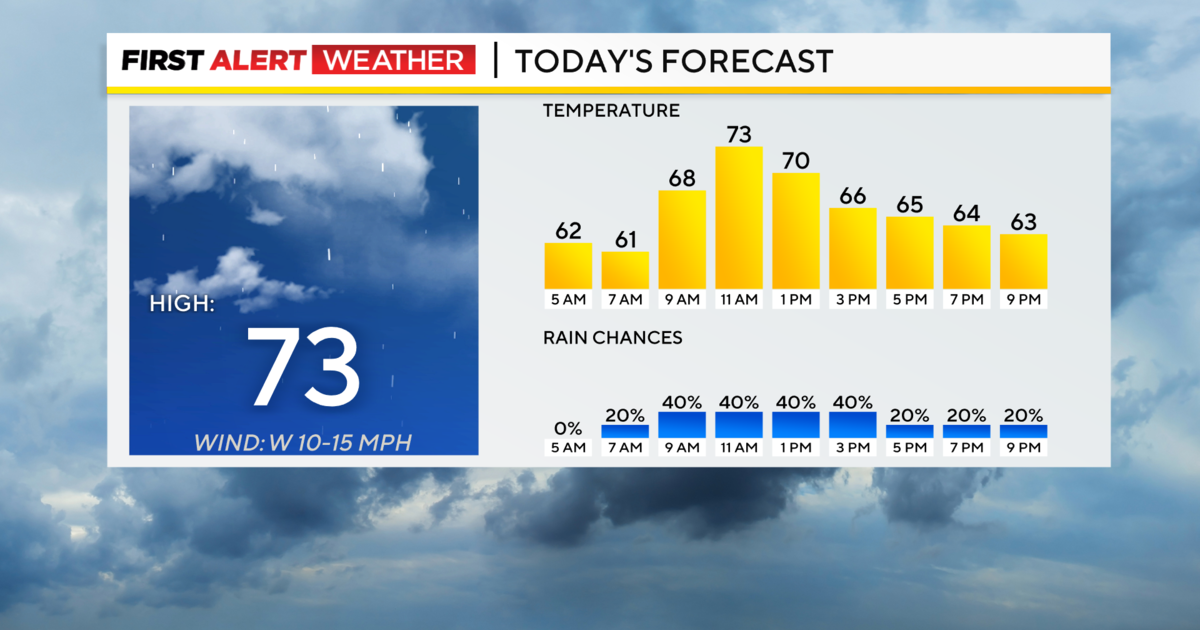Pittsburgh's Freedom Jubilee rally was a precursor to the March on Washington, expert says
PITTSBURGH (KDKA) -- In Pittsburgh's Oakland neighborhood back in 1960, it was customary for crowds to gather and cheer the Pittsburgh Pirates at Forbes Field. But on June 19, 1960, thousands gathered to cheer at the Freedom Jubilee rally.
It was an event that was years in the making. The NAACP had been outlawed in some southern states and the Southern Christian Leadership Conference, which stepped in to fill the void, organized this rally that aimed to raise money and awareness about the struggles happening in Dixie.
Dr. Lerone Martin is the Dr. King Centennial Professor at Stanford University, and he is the director of the Martin Luther King, Jr. Research and Education Institute. He says there was a good reason that Pittsburgh was chosen to host this rally.
"What we have been able to uncover is that it was Rev. Cornell Talley of Central Baptist Church there in Pittsburgh who really pushed this idea forward and reached out to Rev. Dr. Martin Luther King Jr. to bring him to the city as a way to bring attention to the civil rights cause that was happening in the south and to also help to raise funds to support that," Martin said.
Eighteen-thousand people showed up to the jubilee, plus many luminaries of Black culture. People like baseball great Jackie Robinson was the master of ceremonies. Actor Harry Belafonte spoke and sang. And legendary gospel music singer Mahalia Jackson lifted her voice over the PA system and performed a version of her hit "I Found the Answer."
As wonderful as the music and presentations were, however, the Pittsburgh Courier said that some 18,000 pairs of ears listened, 18,000 sets of eyes gazed and some 18,000 hearts quickened as they listened to an impassioned speech from the man of the hour, Dr. Martin Luther King Jr.
"King gave an address that both encouraged people to continue to support the civil rights movement, not just in the south, but also in the north," said Dr. Martin. "And he said that America was moving forward into a new reckoning of racism and that white supremacy was over and that African American citizens were no longer willing to accept third class citizenship and that moving forward, the only way American democracy could succeed was if segregation died."
It was a big speech that was met with a standing ovation.
Overall, the event was seen as a huge success that they held a second one the following year. And though it may not be an event that is in the collective consciousness anymore, the Freedom Jubilee has left a lasting legacy.
Dr. Martin thinks that the Freedom Jubilee was a precursor to the March on Washington.
"You had a large gathering of both civil rights workers and celebrities who came together in a peaceful gathering to bring attention to the civil rights movement. And I think in that way, we can see this jubilee in Pittsburgh, one of the largest events to happen in the city at that time, to show that African Americans could come together in peace and nonviolence to push for change, and we see that of course later with the March on Washington, just three years later, that brought over 250,000 people to the nation's capital."




